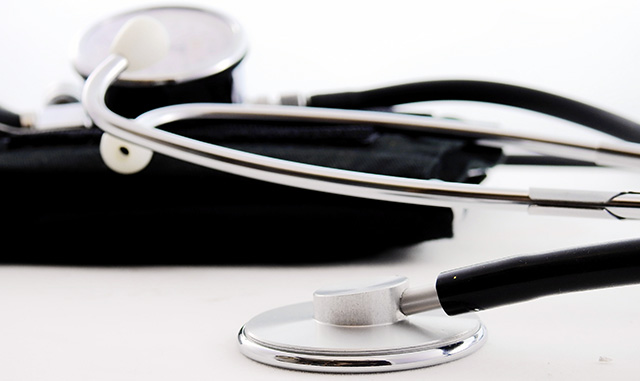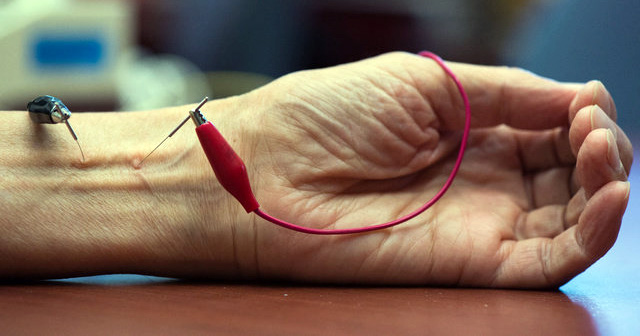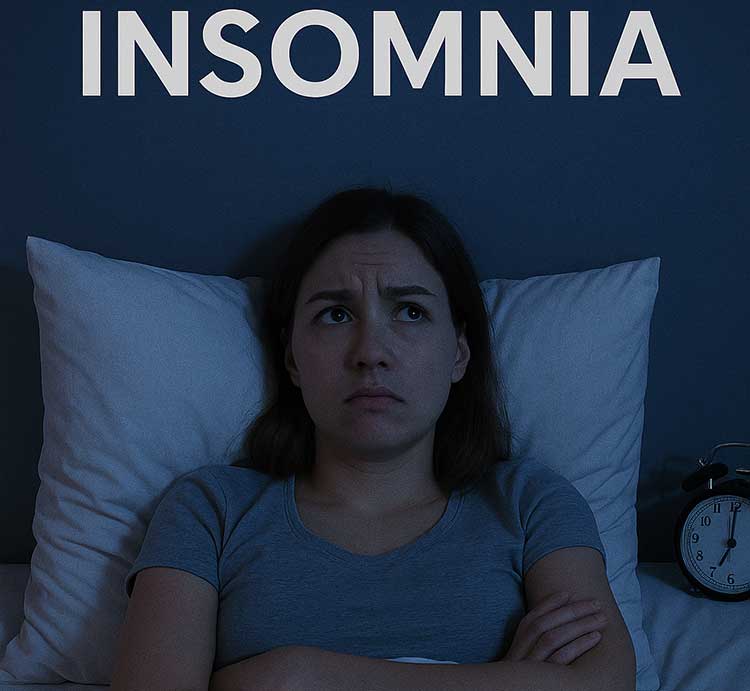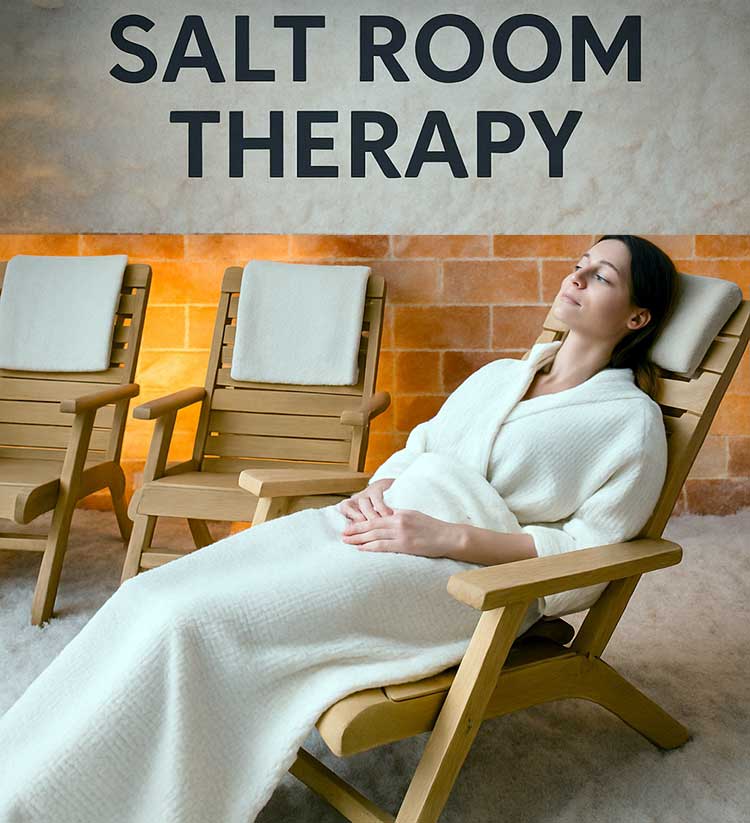Acupuncture can be Beneficial for Patients with Essential Hypertension
Dr. Tatyana's Health and Wellness Blog
Treating the whole person to restore optimal health. Check back often for up-to-date news and information about acupunture and Chinese medicine.
Most Recent Posts ...
Posted on: 12/22/2025
Posted on: 12/8/2025
Posted on: 11/24/2025
Posted on: 11/10/2025
Search All Blog Posts
Blog Post Archive Categories
- Top 5 Ways to Stay Healthy This Winter and Avoid the Flu
- Happy Thanksgiving: A Season of Gratitude, Healing & Reflection
- Salt Room Therapy: Your Sanctuary for Breathing, Healing & Deep Relaxation
- Acupuncture for Insomnia & Anxiety: Restoring the Calm Within
- Quieting the Storm: How Acupuncture and Neurofeedback Can Help Functioning Alcoholics Break Free
- How Acupuncture Can Help Restore Menstrual Health in Amenorrhea
- Chronic Fatigue and Chronic Inflammation: A Holistic Look Through Western and Eastern
- The Hidden Dangers of Overusing Supplements: Are You Taking More Than You Should?
- The Importance of Exercise and How to Stay Motivated for a Healthier You
Acupuncture can be Beneficial for Patients with Essential Hypertension
Most people know acupuncture as an ancient Chinese modality mostly used to treat pain. My patients are surprised when I explain to them the broad areas that can be treated with acupuncture, including cardiovascular, endocrine disorder, gastrointestinal, neuromuscular, emotional, psychiatric, stress, and much more. One common issue I see in my clinic related to the cardiovascular system is essential hypertension (with no underlying disease). Many factors can lead to hypertension, such as a stressful lifestyle, obesity, a genetic predisposition, excessive alcohol consumption, and smoking. Western medicine’s view of hypertension is related specifically to the cardiovascular system.
Traditional Chinese medicine (TCM) adopts a broader view on hypertension, considering the whole body and the involvement of the improper function of kidney, liver, heart, and digestive system. From the yin and yang balanced approach, prospective patients with high blood pressure have an excess of yang and not enough yin energy. The main treatment principle is to reduce the yang and tonify the yin using specific acupuncture points located in meridians or channels. Meridians and channels are corresponded with a specific organ, neuro-endocrine, and vascular system. TCM practitioners also give advice on using peony root, jujube seed, wolfberry fruit, and black sesame—all of which can be beneficial.
 The main symptoms of high blood pressure that should be considered are throbbing occipital headaches, nausea, vomiting, palpitations, shortness of breath, ringing in the ear, and nose bleeds. Sometimes patients will not have any symptoms, but patients need to constantly monitor the most alarming conditions to avoid serious complications, such as stroke, heart attack, kidney damage, and blindness. It is crucial to see your primary care physician if you experience of any of these symptoms. If you discover that your blood pressure is above normal, this needs to be addressed with your doctor as well. The American College of Cardiology and American Heart Association announced new blood pressure guidelines: “There are now enough studies to support lowering those targets and so the whole definition of high blood pressure has changed,” Dr. Taler says. “So, the change is above 120, and systolic—the systolic or the upper number is the key number that more of this is focused on—but 120 systolic and 80 diastolic would be the numbers that people want to know. If your blood pressure is at that level or lower, you have normal blood pressure.”
The main symptoms of high blood pressure that should be considered are throbbing occipital headaches, nausea, vomiting, palpitations, shortness of breath, ringing in the ear, and nose bleeds. Sometimes patients will not have any symptoms, but patients need to constantly monitor the most alarming conditions to avoid serious complications, such as stroke, heart attack, kidney damage, and blindness. It is crucial to see your primary care physician if you experience of any of these symptoms. If you discover that your blood pressure is above normal, this needs to be addressed with your doctor as well. The American College of Cardiology and American Heart Association announced new blood pressure guidelines: “There are now enough studies to support lowering those targets and so the whole definition of high blood pressure has changed,” Dr. Taler says. “So, the change is above 120, and systolic—the systolic or the upper number is the key number that more of this is focused on—but 120 systolic and 80 diastolic would be the numbers that people want to know. If your blood pressure is at that level or lower, you have normal blood pressure.”
 The latest research supports the effectiveness of acupuncture at specific points, which will reduce high blood pressure. A randomized controlled trial was performed with sixty-five hypertensive patients not receiving medication who were assigned randomly to one of the two acupuncture interventions (33 versus 32 patients). Patients were assessed with 24-hour ambulatory blood pressure monitoring. They were treated with 30 minutes of EA (Electroacupunture) at PC 5-6+ST 36-37 or LI 6-7+GB 37-39 once a week for 8 weeks. Four acupuncturists provided single-blinded treatment. Main outcome measures: The primary outcomes measuring the effectiveness of EA (Electroacupunture) were the peak and average SBP and DBP. Secondary outcomes examined the underlying mechanisms of acupuncture with plasma norepinephrine, renin, and aldosterone before and after 8 weeks of treatment. Results: After 8 weeks, 33 patients treated with EA (Electroacupunture) at PC 5-6+ST 36-37 had decreased peak and average SBP and DBP, compared with 32 patients treated with EA (Electroacupunture) at LI 6-7+GB 37-39 control acupoints. Changes in blood pressure significantly differed between the two patient groups. In 14 patients, a long-lasting blood pressure-lowering acupuncture effect was observed for an additional 4 weeks of EA (Electroacupunture) at PC 5-6+ST 36-37. After treatment, the plasma concentration of norepinephrine, which was initially elevated, was decreased by 41%; likewise, renin was decreased by 67% and aldosterone by 22%. Conclusions: EA (Electroacupunture) at select acupoints reduces blood pressure. Sympathetic and renin-aldosterone systems were likely related to the long-lasting EA (Electroacupunture) actions.
The latest research supports the effectiveness of acupuncture at specific points, which will reduce high blood pressure. A randomized controlled trial was performed with sixty-five hypertensive patients not receiving medication who were assigned randomly to one of the two acupuncture interventions (33 versus 32 patients). Patients were assessed with 24-hour ambulatory blood pressure monitoring. They were treated with 30 minutes of EA (Electroacupunture) at PC 5-6+ST 36-37 or LI 6-7+GB 37-39 once a week for 8 weeks. Four acupuncturists provided single-blinded treatment. Main outcome measures: The primary outcomes measuring the effectiveness of EA (Electroacupunture) were the peak and average SBP and DBP. Secondary outcomes examined the underlying mechanisms of acupuncture with plasma norepinephrine, renin, and aldosterone before and after 8 weeks of treatment. Results: After 8 weeks, 33 patients treated with EA (Electroacupunture) at PC 5-6+ST 36-37 had decreased peak and average SBP and DBP, compared with 32 patients treated with EA (Electroacupunture) at LI 6-7+GB 37-39 control acupoints. Changes in blood pressure significantly differed between the two patient groups. In 14 patients, a long-lasting blood pressure-lowering acupuncture effect was observed for an additional 4 weeks of EA (Electroacupunture) at PC 5-6+ST 36-37. After treatment, the plasma concentration of norepinephrine, which was initially elevated, was decreased by 41%; likewise, renin was decreased by 67% and aldosterone by 22%. Conclusions: EA (Electroacupunture) at select acupoints reduces blood pressure. Sympathetic and renin-aldosterone systems were likely related to the long-lasting EA (Electroacupunture) actions.
The prospective of view of traditional Chinese medicine to treat the whole person, not just the existing symptoms, is very profound. I believe that using Western scientific resources and providing more research on the effectiveness of acupuncture will validate traditional Chinese medicine and bring it up to a higher level in the medical field.
References
1. Peng L, Tjen-A-Looi S, Ling C, Dongmei L, Jeannette P, Sivarama V. Long-Lasting Reduction of Blood Pressure by Electroacupuncture in Patients with Hypertension: Randomized Controlled Trial. Medical Acupuncture. 2015




